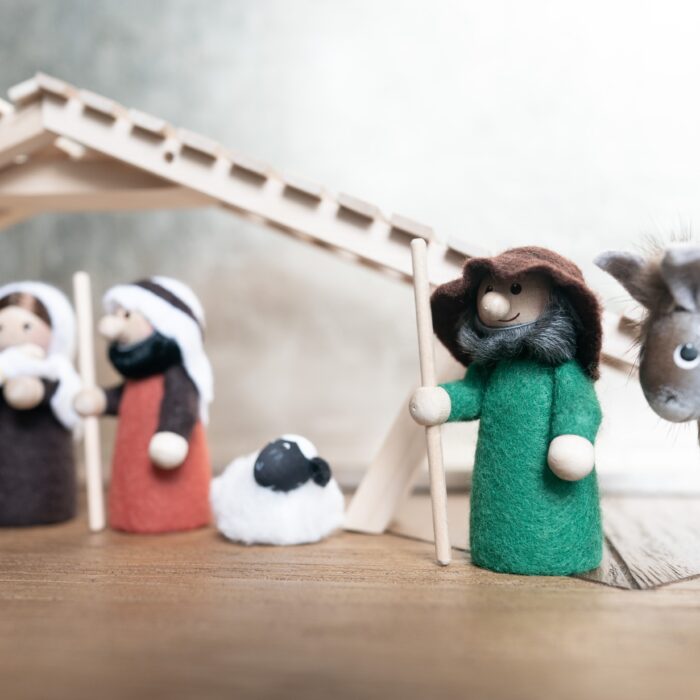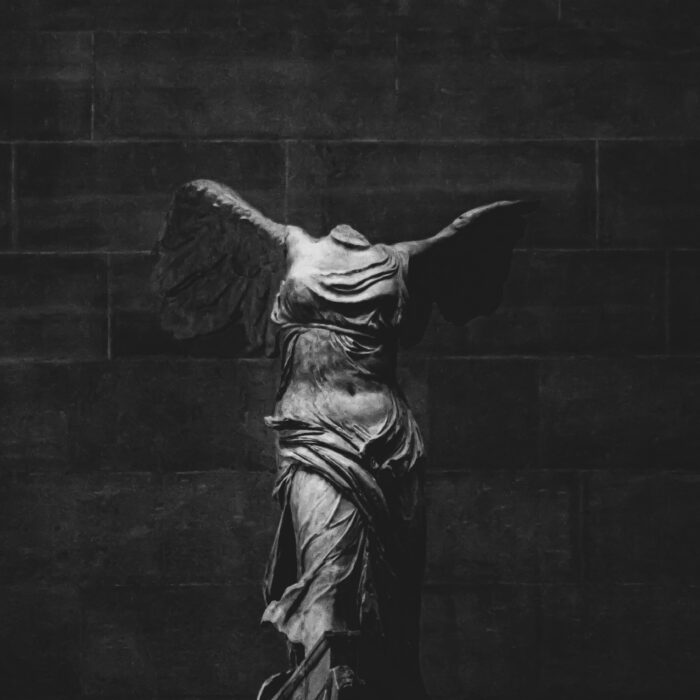You have no items in your cart. Want to get some nice things?
Go shopping
I was born at 6:04 p.m. on the 3rd day of the Moon’s skulking journey across the skylands. She is a child of Krithika, the temple priest tells my mother, and so her name must begin with the letter A. Krithika, one of the 27 Nakshatras, the daughters of King Daksha, each destined to spend just one starstruck night with the Moon, that crater-faced playboy of waxing lust and waning affections.
My mother is neither religious nor superstitious. She has just returned home to Malaysia with a Masters degree in Economics from the University of Wales. She is 32 years old, of sharp wit and strong will. She has no grand desire to be a mother, at least not with the feral yearning of the women of her time. But what she does have is an unnamed baby girl. And a first letter is better than nothing. Anything else? asks my mother, sneaking a glance at her watch. She is wearing her week-old motherhood with a grogginess that feels dangerous. Perhaps she can wrap this up in time for a quick nap before relieving her mother of the newborn.
The temple priest has a prominent diamond-shaped mole under his left eye, which he strokes absent-mindedly. Moles convey wisdom, everyone knows this. In his other hand he holds a laminated chart. A wheel with 12 sidereal solar signs, the ecliptics divided 27 times with coordinates, padas, and their rulers. He studies the cryptic circle, then looks to the sky. Only it is not a sky but the thrice-patched temple roof. The Krithika constellation consists of six stars that bear a resemblance to a knife, the temple priest says to my mother. Or a razor. Anyway, something sharp, he clarifies.
My mother thinks of the knife that cut me out of her. Her fingers go to graze the still-protruding stitches that welt across her lower abdomen. You forget the birth, her sisters tell her. The hormones, they wipe your memories. Do they also steal my Self? This part my mother says only inside her own head. She is independent and prone to speaking her mind, but even she knows some things are better left unsaid.
Your child is born in the presence of Agni, says the priest. The Sun God, he offers after a beat. My mother, with her short hair, and her ability to butcher even the most basic of Tamil words strikes him as too Westernized. She wears pants and a blouse to temple, not even a kurta. The priest wonders why a woman like this would even come to the Gods seeking a name for her child. He rolls his eyes toward the heavens and this time he notices the way dark-green mold is smearing itself across the cherubic faces of Shiva and Vishnu, creeping toward Brahma’s outstretched hands even. He sighs, taps his mole, and studies his chart. Baby naming and blessings pay the bills. The second syllable can be sha or aa, he volunteers. It will make her compatible and agreeable.
My mother thinks of all the things she hopes for this baby. None of them has anything to do with being agreeable. She feels a tap on her shoulder. Behind her, my father steps up, beaming a smile that hasn’t left his face since he first held his daughter. Here is the reason she has agreed to this charade. A husband who believes in the Gods when she does not. In his arms, he bears a silver tray laden with half a coconut, betel nut leaves, and a garland of still-wet frangipani flowers, freshly strung. My mother ushers him forward, grateful for his timely intervention.
My first child, says my father to the priest. We must give her a good name. The rolling r’s of his mother tongue flow from throat to lips effortlessly and put the priest at ease. Here is one who is clearly of the faith. Name her for hope, says the priest, reaching out to mark my father’s third eye with vibhuti. My father brings his palms together and bends his head to accept the sacred ash. Behind him, my mother heaves the tired sigh of a non-believer.

Ashanya Indralingam
Ashanya is a writer, tech marketer and the co-creator of Strange Birds, an eclectic, migratory writing collective. She is particularly interested in telling the stories of the Sri Lankan diaspora, especially around themes of identity, memory, and loss. Though Malaysian-born, she now lives in Amsterdam with her partner and a dog named Rembrandt.





Some parts though not personally experienced sound eerily familiar. Very well fleshed out moments that anyone who has been to a temple can relate to. The potential for further development of the story, both past and future, is brimming at the seams….stories waiting to be told. Syabas! Ashanya.